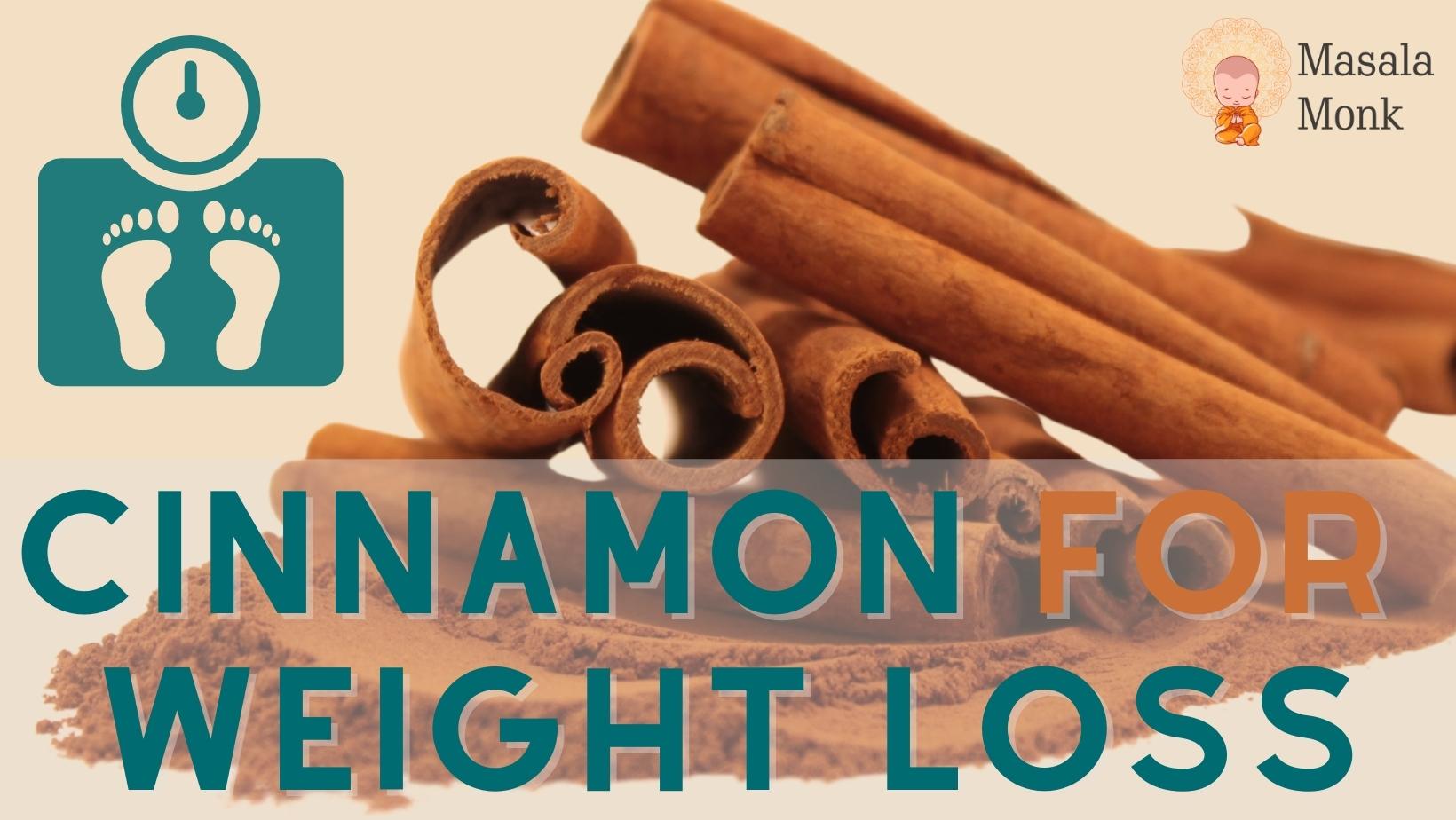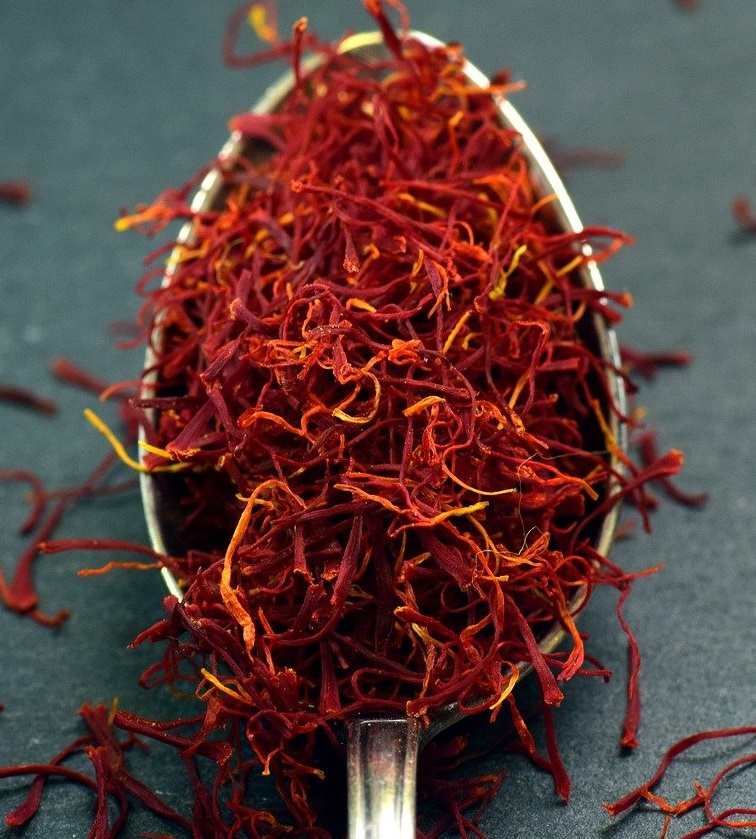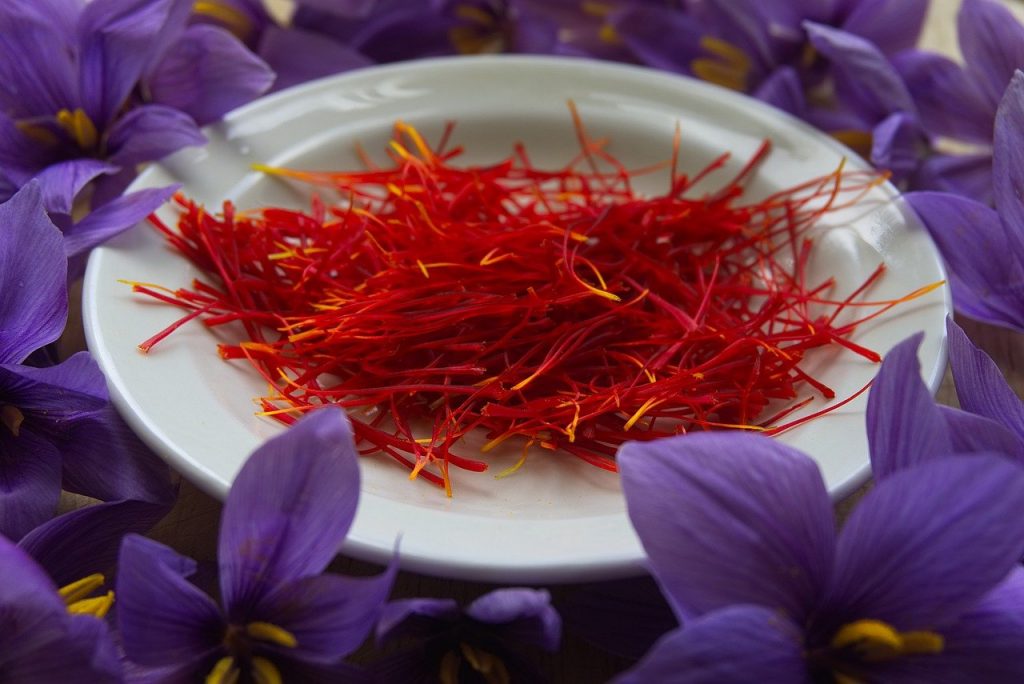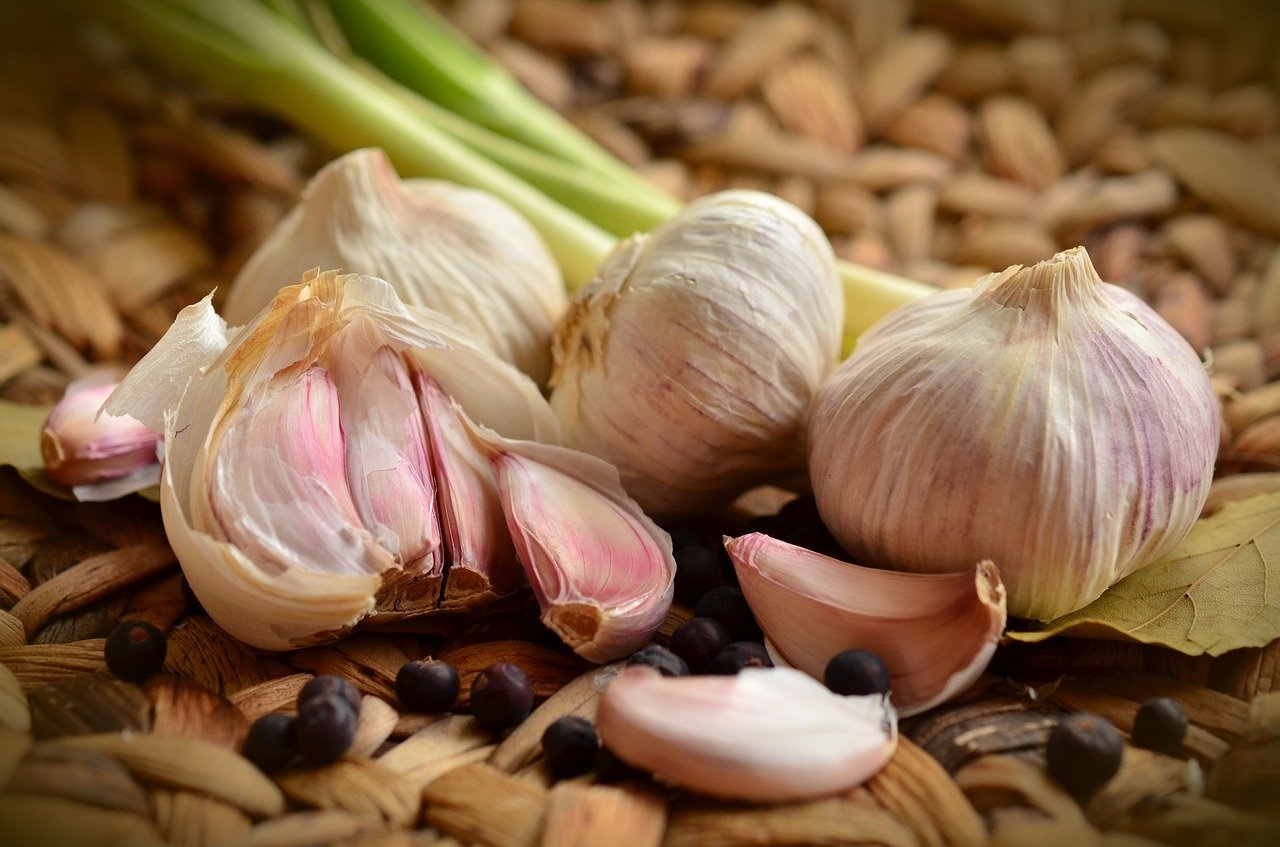
Discovering the Wonders of Desi Ghee: A Year-Long Journey to Health and Heritage
Desi ghee, often referred to as clarified butter, is much more than a culinary ingredient in the tapestry of Indian culture. It’s a symbol of health, tradition, and familial bonds. Here, we embark on a journey exploring the transformative effects of incorporating desi ghee into your daily diet for a year, alongside its profound cultural significance.
1. A Digestive Powerhouse
Imagine starting your day with a touch of desi ghee, and your digestive system thanking you. Rich in butyric acid, desi ghee is a champion of gut health, reducing inflammation and warding off gastrointestinal disorders. Regular consumption could lead to a more harmonious digestive process, a cornerstone of overall well-being.
2. Fortress of Immunity
In the realm of immunity, desi ghee stands tall. Packed with vital vitamins like A, D, E, and K, it’s akin to donning armor against infections and diseases. These vitamins are the unsung heroes in your body’s defense system, offering a shield of protection that’s essential in today’s fast-paced world.
3. Brain Food
Your brain is a marvel, and feeding it desi ghee could be akin to giving it a superfuel. Laden with omega-3 and omega-6 fatty acids, essential for cognitive function, regular consumption might just sharpen your memory, enhance concentration, and boost overall brain health.
4. Radiant Skin
Desi ghee is a secret elixir for your skin. Its antioxidants combat free radicals, while its moisturizing properties fend off signs of aging. Envision a year of desi ghee in your diet, and your skin might just thank you with a healthy, radiant glow.
5. A Heartfelt Benefit
Contrary to some misconceptions, moderate consumption of desi ghee can be a boon for heart health. It’s about balancing the ‘good’ and ‘bad’ cholesterol, and desi ghee knows this balance artfully.
And There’s More…
Beyond these five benefits, the saga of desi ghee’s goodness continues.
- Stronger Bones: Thanks to vitamin K2, it aids in calcium absorption, potentially warding off osteoporosis.
- Hormonal Harmony: Its conjugated linoleic acid (CLA) can be a game-changer for hormonal balance and insulin sensitivity.
- Soothing Sleep: Its calming nature could be the lullaby for your sleep struggles.
- Visionary Advantage: Rich in vitamin A, it’s like a guardian for your eyes, protecting against common eye ailments.
- Energizing Essence: The medium-chain triglycerides (MCTs) in desi ghee are quick energy boosters, enhancing physical performance.
Desi Ghee: A Culinary Heirloom
For those who grew up in Indian households, desi ghee is a nostalgic emblem, evoking memories of home-cooked meals and familial love. It’s not just a health enhancer but a carrier of stories, traditions, and emotions.
Desi ghee is the essence of Indian culinary heritage, weaving together generations through shared recipes and culinary secrets. It’s a testament to our ancestors’ wisdom, reflecting their understanding of health and well-being.
Embrace the Tradition
If desi ghee has been a part of your life, cherish it as a legacy of health and heritage. For the uninitiated, welcome to a world where food is not just sustenance but a tapestry of love, tradition, and health.
In conclusion, incorporating desi ghee into your daily diet could be a transformative experience. It’s a journey of discovering its multifaceted health benefits and reconnecting with a rich cultural heritage. Here’s to a year of health, heritage, and heartwarming memories with desi ghee!
10 FAQs About Desi Ghee and Its Benefits
1. What exactly is desi ghee?
Desi ghee is a type of clarified butter that’s a staple in Indian cooking. It’s made by simmering butter, which separates the milk solids from the liquid fat, resulting in a rich, aromatic product.
2. Can desi ghee improve digestion?
Yes, desi ghee contains butyric acid, which aids in digestion and reduces inflammation in the gut.
3. Is desi ghee beneficial for the immune system?
Absolutely! Desi ghee is packed with vitamins A, D, E, and K, all of which bolster the immune system.
4. How does desi ghee affect brain health?
Desi ghee is rich in omega-3 and omega-6 fatty acids, crucial for brain function, memory, and cognitive abilities.
5. Can consuming desi ghee lead to healthier skin?
Yes, the antioxidants in desi ghee help fight free radicals, and its moisturizing properties can lead to glowing, youthful skin.
6. Is desi ghee good for heart health?
When consumed in moderation, desi ghee can be heart-healthy. It contains fats that help in balancing cholesterol levels.
7. How does desi ghee contribute to stronger bones?
Desi ghee is a great source of vitamin K2, which improves calcium absorption, thereby contributing to stronger bones.
8. Can desi ghee help with hormonal balance?
Yes, desi ghee contains CLA, which helps in regulating hormones and insulin sensitivity, beneficial for conditions like PCOS and diabetes.
9. Does desi ghee aid in better sleep?
Desi ghee has calming properties, which may help improve the quality and duration of sleep.
10. How does desi ghee boost energy?
Desi ghee contains medium-chain triglycerides (MCTs) that are readily converted into energy, thus boosting physical performance.
Blog Tags
Desi Ghee, Health Benefits, Indian Cuisine, Ayurveda, Digestive Health, Immune System, Brain Function, Skin Care, Heart Health, Bone Strength, Hormonal Balance, Sleep Aid, Energy Boost, Cultural Heritage, Traditional Foods


















